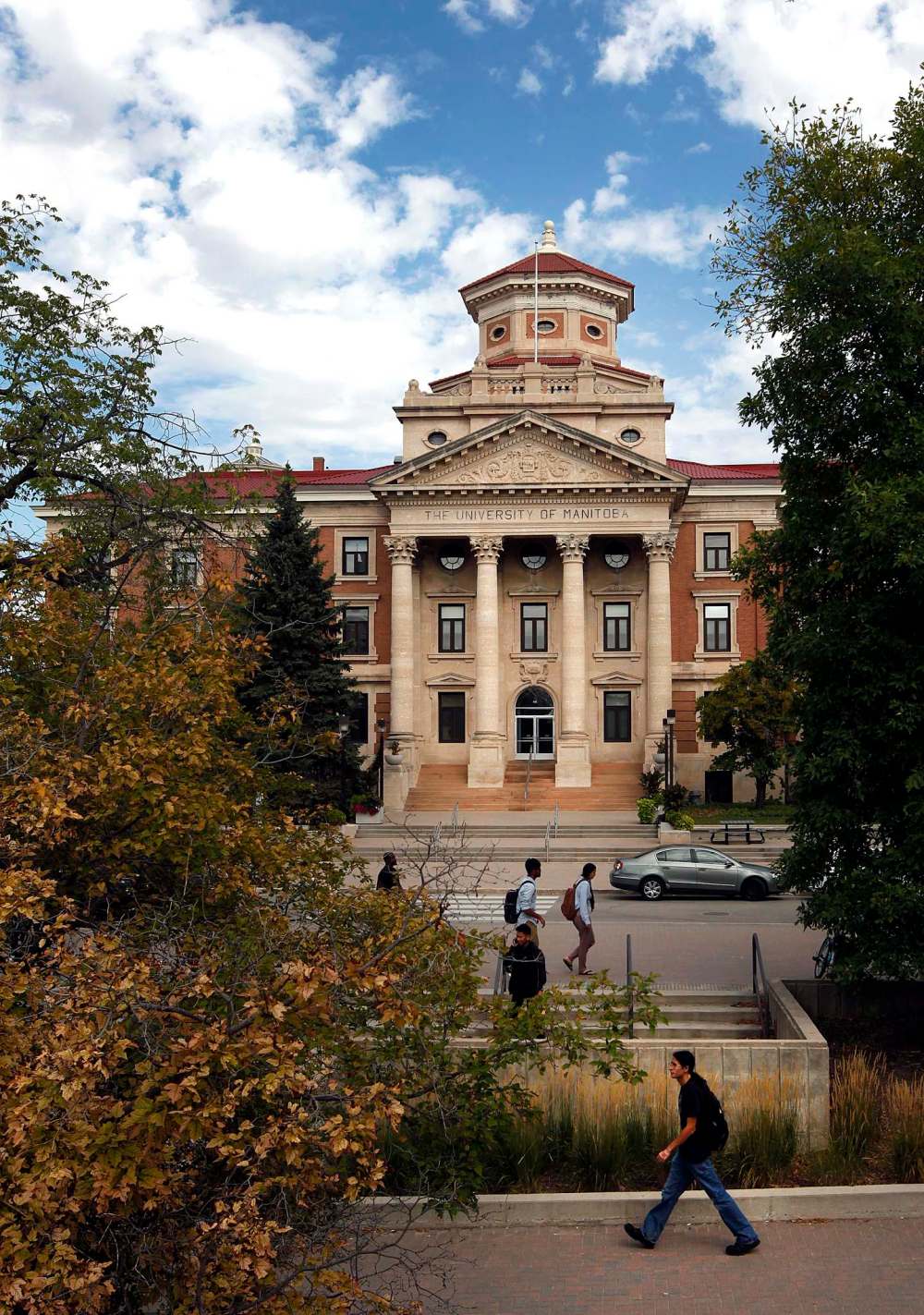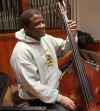U of M to overhaul relationship rules, training
Privacy laws may hinder transparency, university director warns
Advertisement
Read this article for free:
or
Already have an account? Log in here »
To continue reading, please subscribe:
Monthly Digital Subscription
$0 for the first 4 weeks*
- Enjoy unlimited reading on winnipegfreepress.com
- Read the E-Edition, our digital replica newspaper
- Access News Break, our award-winning app
- Play interactive puzzles
*No charge for 4 weeks then price increases to the regular rate of $19.00 plus GST every four weeks. Offer available to new and qualified returning subscribers only. Cancel any time.
Monthly Digital Subscription
$4.75/week*
- Enjoy unlimited reading on winnipegfreepress.com
- Read the E-Edition, our digital replica newspaper
- Access News Break, our award-winning app
- Play interactive puzzles
*Billed as $19 plus GST every four weeks. Cancel any time.
To continue reading, please subscribe:
Add Free Press access to your Brandon Sun subscription for only an additional
$1 for the first 4 weeks*
*Your next subscription payment will increase by $1.00 and you will be charged $16.99 plus GST for four weeks. After four weeks, your payment will increase to $23.99 plus GST every four weeks.
Read unlimited articles for free today:
or
Already have an account? Log in here »
Hey there, time traveller!
This article was published 19/12/2018 (2552 days ago), so information in it may no longer be current.
The University of Manitoba says it’s updating its rules and training after a series of sexual harassment allegations and investigations against faculty. However, provincial privacy laws may stifle any move toward transparency.
“The bottom-line reality is that privacy law in Manitoba, together with the rules of labour relations in Manitoba, pretty much preclude the university from saying anything about an investigation against an individual. They can’t do it,” said Karen Busby, director of the Winnipeg school’s Centre for Human Rights Research.
Busby is part of the university’s review, but was speaking from her own perspective.

On Wednesday, U of M president David Barnard reiterated his apology for the school’s “failures” in handling sexual harassment allegations.
He wrote in his year-end message that he briefed the board of governors last week on internal and external reviews of U of M policies around sexual assault, respect and handling complaints.
Barnard wrote that these will include “development of a guide on intimate relationships, and significant enhancement of our education and training on these topics for faculty and staff.”
But his message did not mention moves to increase transparency, despite privacy rules playing directly into one of the school’s harassment allegations.
Jazz professor Steve Kirby left the U of M after a sexual harassment investigation and was hired by the Berklee College of Music in Boston, which U of M never told about the probe because of provincial privacy legislation. Berklee fired Kirby after students contacted the U.S. school themselves.
Kirby was arrested by Winnipeg police in May. He was charged in September with sexual assault on a U of M music student for alleged incidents that occurred between September 2014 and January 2017, police said.
Busby said her university’s hands are still tied in trying to give students and complainants information about these sorts of situations.
“I’ve done academic articles on it — because I hate it — I’ve really struggled with the questions around privacy law. And I have really wanted to say to the university: ‘You’re hiding in the foxhole of privacy.’ But it’s clear, when you review the provisions in the privacy acts across the country, including in Manitoba, that universities can’t disclose information about ongoing investigations, or the outcomes of those investigations,” she said.
“As crazy as that sounds, that’s clear in the law, and it’s up to provincial governments to change that.”
A Manitoba government spokesman, who refused to be named, wrote that the province “is committed to the values of openness, accountability and transparency of government operations.”
The spokesman said officials are undertaking the legislated provision of the existing privacy law “to ensure its accuracy and effectiveness in making public information available and protecting personal information.”
Bureaucrats are reviewing the recommendations they received, but have no deadline.
In any case, the province has tasked all universities with revising harassment policies, and Busby said her colleagues are taking it as an opportunity to learn from policies developed elsewhere.
“You cannot read into the fact that we’re reviewing our policies, that that’s an admission of a problem,” she said.
Busby believes the spate of allegations that emerged this year are a sign of people feeling more comfortable coming forward, and faculty better understanding the rules.
dylan.robertson@freepress.mb.ca


